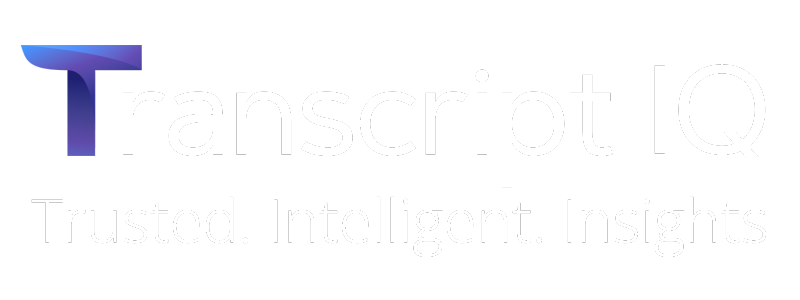

68 Circular Road, #02-01 049422, Singapore
Revenue Tower, Scbd, Jakarta 12190, Indonesia
4th Floor, Pinnacle Business Park, Andheri East, Mumbai, 400093
Cinnabar Hills, Embassy Golf Links Business Park, Bengaluru, Karnataka 560071
Connect With Us
Climate Stress Testing for Loan Portfolios: Scenario Analysis & Capital Allocation Strategies - Sustainability & ESG
Climate stress testing is becoming central to financial institutions' sustainability and ESG strategies, especially in Europe and Germany, where scenario analysis for climate-related risks is rapidly advancing. By 2025, the European market for climate stress testing and ESG capital allocation tools is projected to reach €3.5 billion, growing at a rate of 20% annually to 2030. These solutions enable banks to analyze loan portfolio performance under different climate scenarios, integrate climate risk into capital planning, and align with evolving ESG regulatory frameworks.
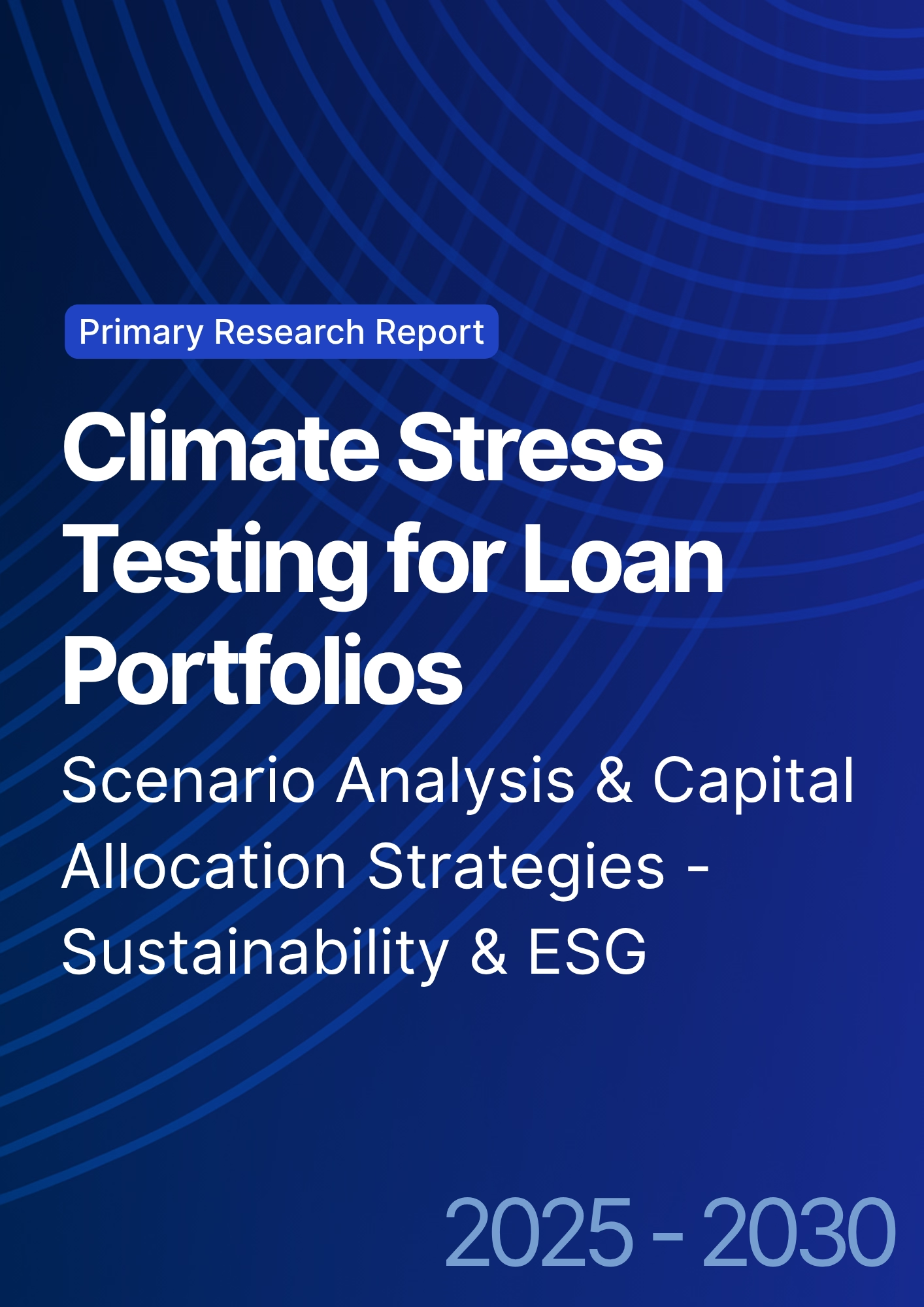
What's Covered?
Report Summary
Key Takeaways
- Climate stress testing for loan portfolios is projected to reach €3.5 billion in market size by 2025, driven by ESG regulations and increasing climate-related risks in financial portfolios.
- By 2030, the default rate for climate-sensitive loans in Europe could increase by 5% under worst-case climate scenarios, making stress testing and capital allocation strategies more crucial.
- The market for ESG-focused capital allocation tools will see a 25% increase from 2025 to 2030, as financial institutions integrate climate risk into their decision-making processes.
- As more financial institutions adopt climate stress testing (projected 40% adoption by 2025), there will be a stronger emphasis on data-driven risk management and scenario analysis.
- The cost of climate risk management is expected to exceed €500 million annually by 2025, as institutions invest in tools and models to assess and mitigate climate-related risks.
- Regulatory compliance related to climate risk and ESG frameworks will contribute to an annual cost of €200 million in 2025 for financial institutions across Europe.
- By 2030, leading providers of climate stress testing and ESG capital allocation tools will capture 30% of the market share, driven by their ability to offer integrated, comprehensive solutions.
- The integration of climate risk into capital allocation strategies will help European banks reduce exposure to climate-related financial risks and better align with sustainability goals.
Key Metrics
Market Size & Share
The market for climate stress testing tools and ESG capital allocation strategies is projected to reach €3.5 billion by 2025, growing at a CAGR of 20% from 2025 to 2030. This growth is driven by the rising demand for more sophisticated tools to assess the impact of climate-related risks on financial portfolios and the increasing pressure from regulatory bodies to integrate climate risk into financial decision-making. By 2030, 40% of European financial institutions will have adopted climate stress testing as a standard part of their risk management practices, while the market for ESG-driven capital allocation tools will continue to grow, providing better transparency and risk management in the face of climate change.
Market Growth Projection (2025-2030):
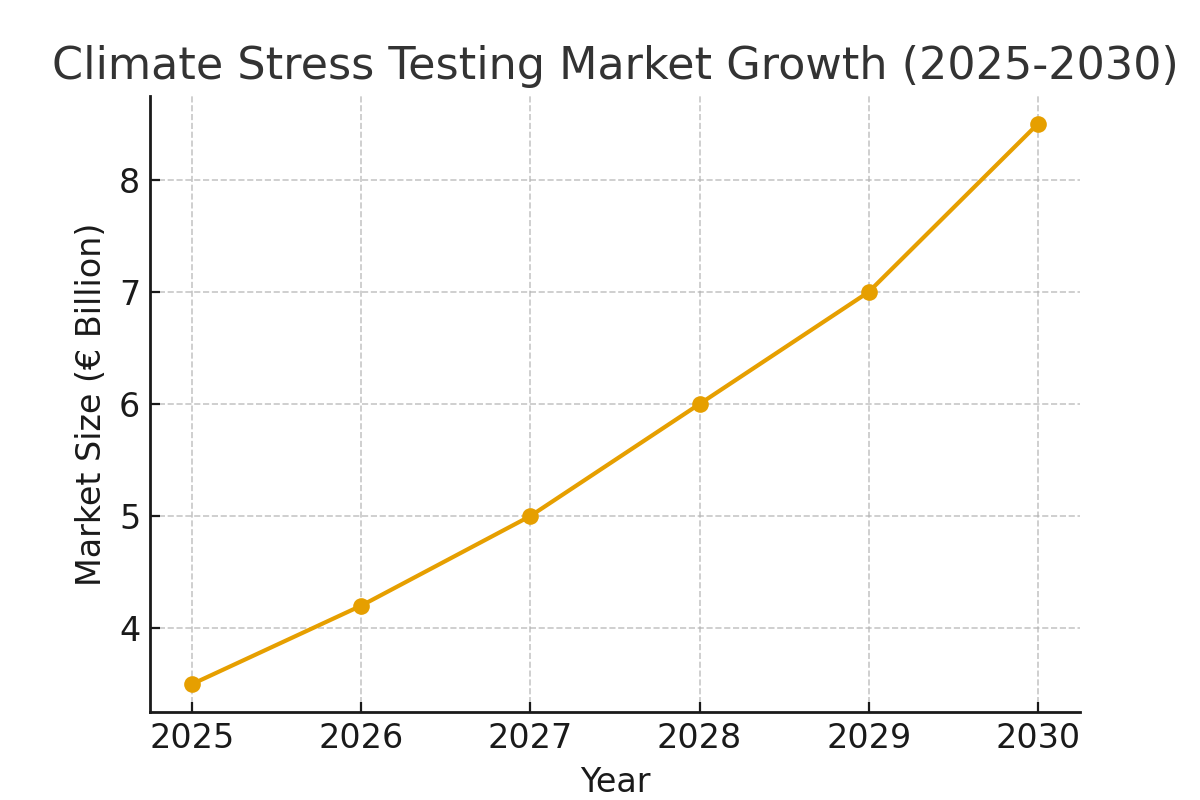
Market Analysis
Climate stress testing is becoming increasingly important as financial institutions in Europe are tasked with assessing the potential impacts of climate change on their loan portfolios. Financial institutions are using scenario analysis to evaluate how different climate scenarios, such as extreme weather events or regulatory changes, would affect their portfolios and to determine appropriate capital allocations. By 2025, 40% of financial institutions in Europe are expected to implement climate stress testing tools to improve their risk management and comply with evolving ESG regulations. In addition, capital allocation strategies will increasingly be influenced by ESG factors, with a 25% improvement in portfolio alignment with sustainability goals by 2030.
Climate Stress Testing Adoption Rate in Europe (2025-2030):
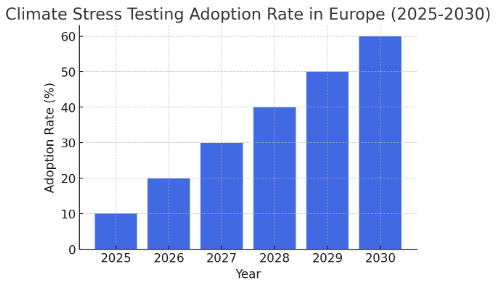
Trends and Insights
Several key trends are driving the growth of climate stress testing and ESG capital allocation strategies. One of the key trends is the increasing focus on scenario analysis to assess climate-related risks. As financial institutions develop more advanced climate models, they will be able to simulate a broader range of potential scenarios, helping them understand the long-term implications of climate change on their portfolios. Another trend is the rise of automated compliance workflows, driven by AI and machine learning, which will help financial institutions better integrate climate risk management into their day-to-day operations. By 2030, 50% of financial institutions in Europe are expected to use AI-powered tools to automate climate stress testing and ESG reporting.
Segment Analysis
The primary adopters of climate stress testing tools are large financial institutions, including banks, asset managers, and insurance firms. These organizations are under significant regulatory pressure to assess and manage climate-related risks, and they are leading the charge in adopting ESG-driven strategies. However, smaller financial institutions and fintech firms are also beginning to recognize the value of climate stress testing and ESG capital allocation strategies. As the cost of these tools decreases and regulatory requirements become more stringent, adoption rates among smaller institutions will increase over the next decade.
Geography Analysis
In Europe, the UK is leading the way in implementing climate stress testing and ESG capital allocation strategies, with several major banks already adopting these tools. Other European countries, such as Germany and France, are also making significant strides in integrating climate risk into their financial decision-making processes.
Southern and Eastern Europe will see slower adoption, with financial institutions in these regions focusing more on basic climate-related reporting rather than sophisticated stress testing. However, as regulatory pressures mount, adoption will likely increase across the continent.
Climate Stress Testing Adoption Across European Regions (2025):
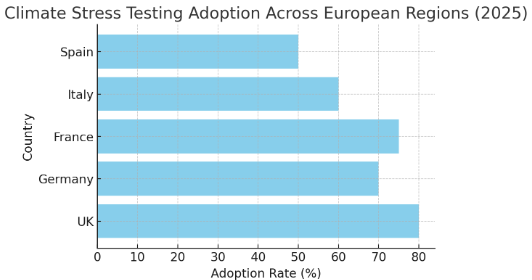
Competitive Landscape
The competitive landscape for climate stress testing and ESG capital allocation tools is growing, with both traditional financial services providers and fintech firms entering the market. Leading players in this space include MSCI, S&P Global, and BlackRock, which are offering advanced analytics and tools to help financial institutions better manage climate-related risks. Emerging players, such as Climate Risk Analytics and Fintech Climate Solutions, are disrupting the market with more specialized, flexible solutions that cater to smaller financial institutions and fintechs. These companies are leveraging AI and big data analytics to provide innovative solutions for climate risk management.
Report Details
Proceed To Buy
Want a More Customized Experience?
- Request a Customized Transcript: Submit your own questions or specify changes. We’ll conduct a new call with the industry expert, covering both the original and your additional questions. You’ll receive an updated report for a small fee over the standard price.
- Request a Direct Call with the Expert: If you prefer a live conversation, we can facilitate a call between you and the expert. After the call, you’ll get the full recording, a verbatim transcript, and continued platform access to query the content and more.


68 Circular Road, #02-01 049422, Singapore
Revenue Tower, Scbd, Jakarta 12190, Indonesia
4th Floor, Pinnacle Business Park, Andheri East, Mumbai, 400093
Cinnabar Hills, Embassy Golf Links Business Park, Bengaluru, Karnataka 560071
Request Custom Transcript
Related Transcripts
$ 1450
$ 1450


68 Circular Road, #02-01 049422, Singapore
Revenue Tower, Scbd, Jakarta 12190, Indonesia
4th Floor, Pinnacle Business Park, Andheri East, Mumbai, 400093
Cinnabar Hills, Embassy Golf Links Business Park, Bengaluru, Karnataka 560071










